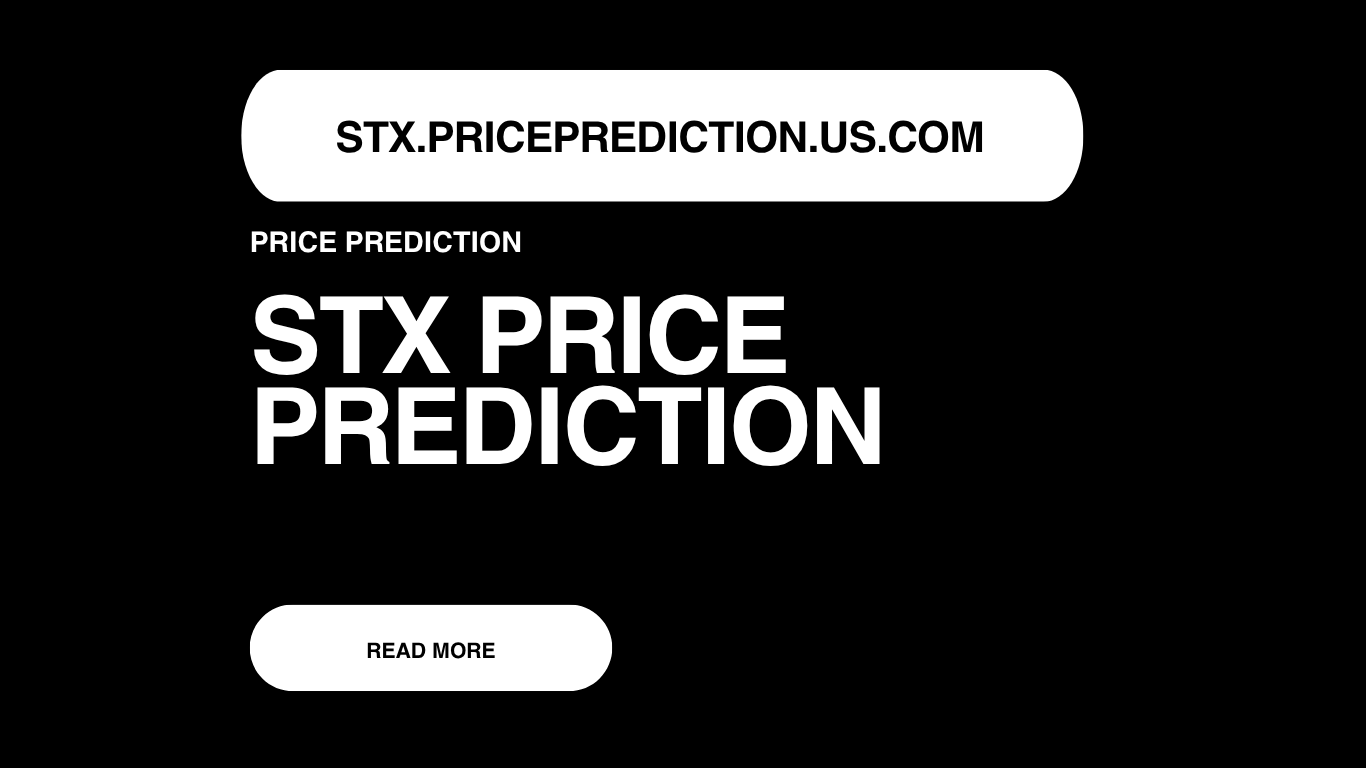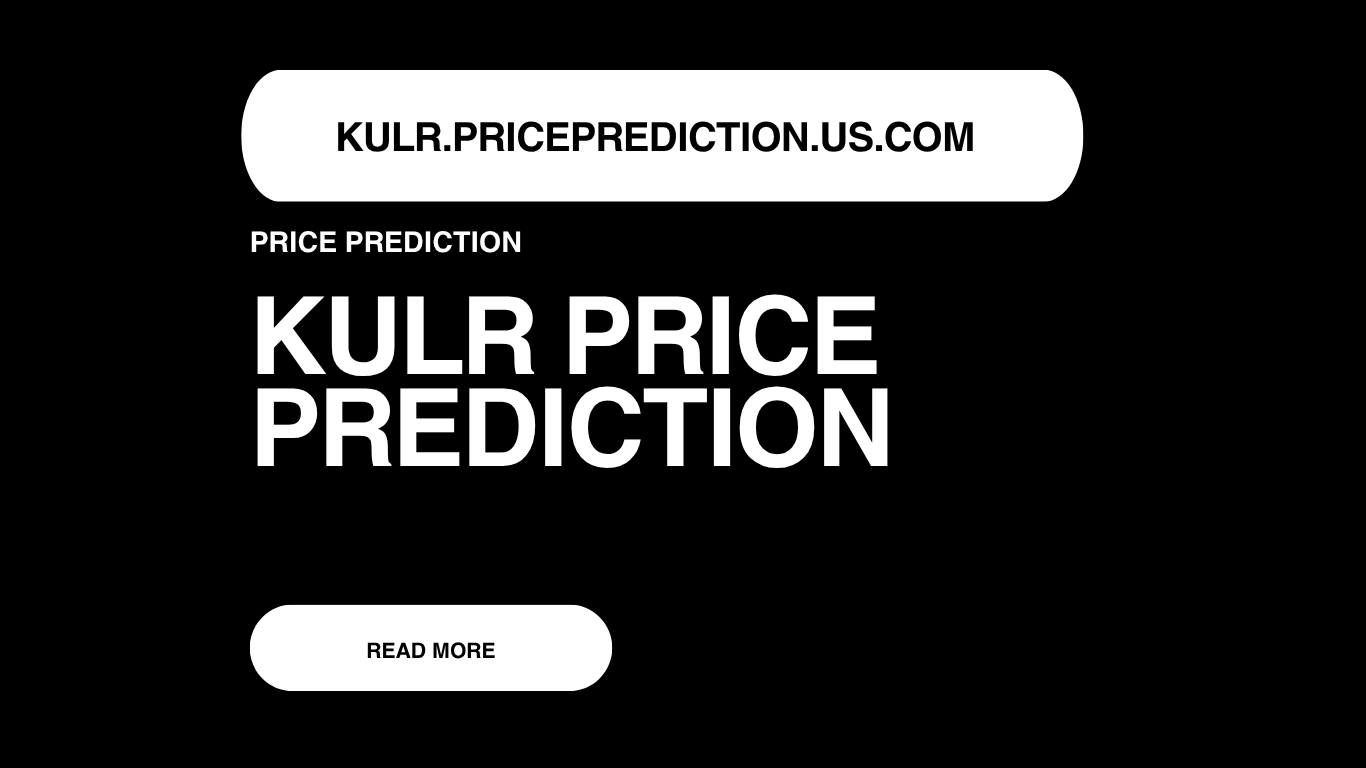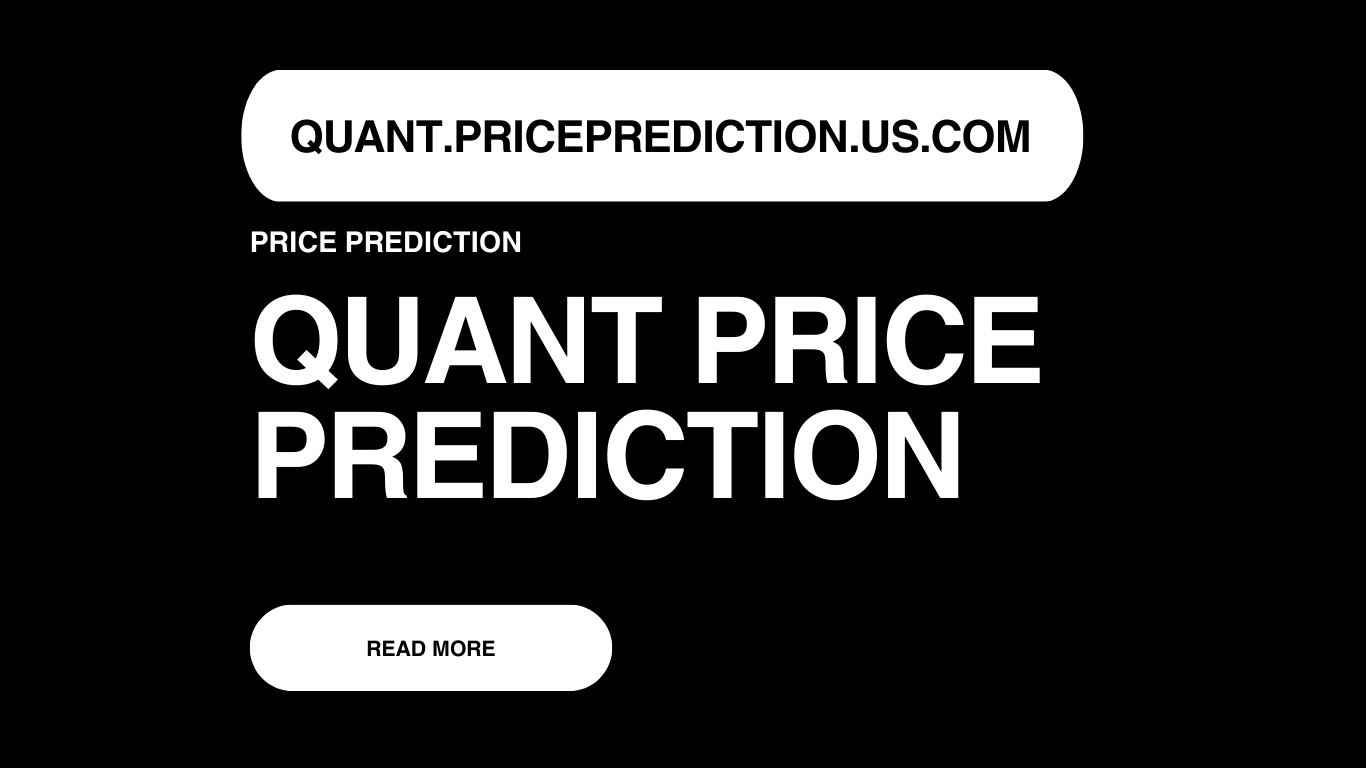Current Price
As of now, STX is trading, maintaining strong performance relative to the broader market. It has shown resilience during volatility, supported by rising developer activity and institutional interest in Bitcoin-native apps.
Explore the STX price prediction from 2025 to 2040. Dive deep into technical analysis, tokenomics, market trends, and roadmap insights for Stacks, the smart contract layer for Bitcoin.

Stacks (STX) is a unique Layer-1 blockchain that brings smart contract functionality to Bitcoin. Rather than competing with Bitcoin, it enhances it, allowing developers to build dApps, DeFi protocols, and NFTs secured by the Bitcoin network itself. Stacks leverages the Clarity smart contract language and its Proof of Transfer (PoX) mechanism to bridge the world of programmable assets with Bitcoin’s security.
With Bitcoin ETFs and Layer-2 scaling gaining momentum, Stacks is becoming increasingly relevant. In this article, we’ll dive into the STX price prediction from 2025 to 2040, looking at its potential growth, trends, tokenomics, and more.
As of now, STX is trading, maintaining strong performance relative to the broader market. It has shown resilience during volatility, supported by rising developer activity and institutional interest in Bitcoin-native apps.
STX recently broke above the 200-day moving average, signaling renewed bullish momentum. The Relative Strength Index (RSI) is around 61, suggesting the market has room to push higher before becoming overbought. Trading volume has surged alongside price, reflecting real buying pressure if STX holds above its breakout zone, the next major resistance.
By 2025, STX could be trading at $5.70, as Bitcoin-native smart contracts attract more developers and DeFi projects looking for security and decentralization.
As adoption grows and more dApps migrate to the Stacks ecosystem, the price of STX may increase to $4.60, driven by utility demand and institutional participation.
With deeper integration into Bitcoin DeFi (BTCfi) and increased mainstream visibility, STX could reach $5.40 by 2027, especially if Bitcoin remains the dominant store of value.
By 2028, STX might climb to $6.90, as innovations like Bitcoin-backed NFTs, lending platforms, and cross-chain tools mature within the Stacks network.
Continued infrastructure upgrades and regulatory clarity could push STX to $12.10 by 2029, as developers and enterprises adopt Bitcoin-based applications.
With Bitcoin's dominance and the modular growth of Stacks’ ecosystem, STX may be valued at $9.50 in 2030, especially if its smart contract ecosystem becomes the go-to for Bitcoin DeFi.
By 2035, STX could reach $18.00, reflecting deep integration with Bitcoin’s infrastructure, mainstream usage of BTC-backed assets, and a mature developer base.
In 2040, STX might trade around $29.00, fueled by global demand for decentralized applications built on Bitcoin's foundation and long-term sustainable growth in the BTC ecosystem.
Stacks is a Layer-1 blockchain designed to enable smart contracts, DeFi, NFTs, and decentralized apps directly on Bitcoin. Unlike Ethereum or Solana, Stacks doesn’t compete with Bitcoin—it amplifies it. Through Proof of Transfer (PoX), miners earn BTC while securing the Stacks network, and users benefit from a unique combination of decentralization and programmability.
Clarity, its smart contract language, is designed for predictability and security, ideal for mission-critical financial applications built around Bitcoin.
What is STX used for?
STX is used to execute smart contracts, pay transaction fees, and participate in consensus via stacking (earning BTC rewards).
Is STX a good investment?
For investors bullish on Bitcoin’s long-term dominance and smart contract potential, STX offers a compelling gateway to Bitcoin-native DeFi and Web3.
Can STX reach $10?
Yes, if the network continues to scale and attract developers, $10 or more is plausible by 2029, especially with growing demand for BTC-secured apps.
Bullish Patterns:
Bearish Patterns:
The future of Stacks lies in its ability to position itself as the smart contract standard for Bitcoin. With BTC seeing renewed adoption thanks to ETFs and users demanding DeFi and programmable features, Stacks is well-positioned. Projects like sBTC (synthetic BTC for DeFi), decentralized identity, and trust-minimized bridges may serve as catalysts for long-term growth.
Stacks could emerge as a vital part of Bitcoin’s broader adoption story—powering the apps, wallets, and contracts that will define the decentralized financial future.
Provide clear contact information, including phone number, email, and address.

Discover KULR stock price prediction from 2025 to 2040. Explore forecasts, technical analysis, roadmap, and future trends driving growth in battery safety and thermal management.

Explore the detailed QNT Quant price prediction from 2025 to 2040. Understand future prospects, technical analysis, and potential growth for the QNT token.

Get the latest Aerobud price prediction for 2025, 2030, and 2040. Learn about the project’s technical analysis, market outlook, future trends, and token utility in the cannabis crypto space.